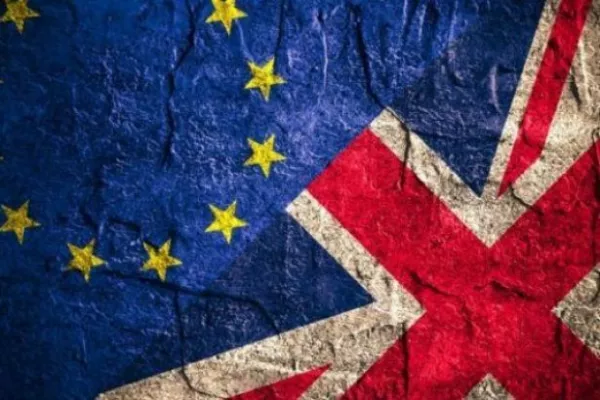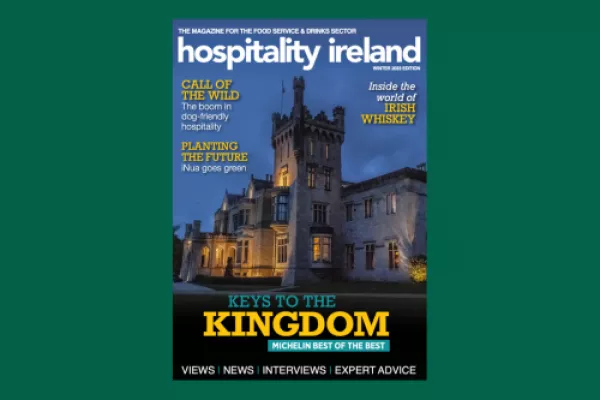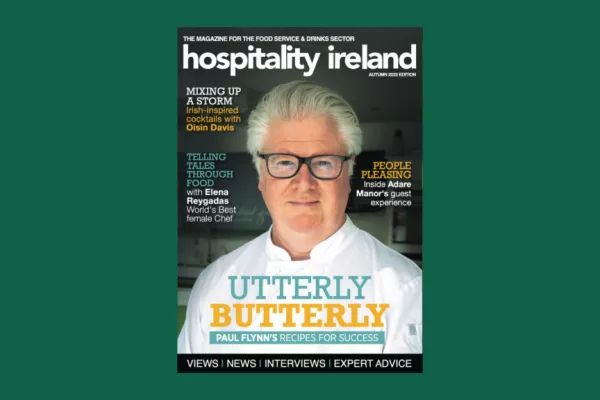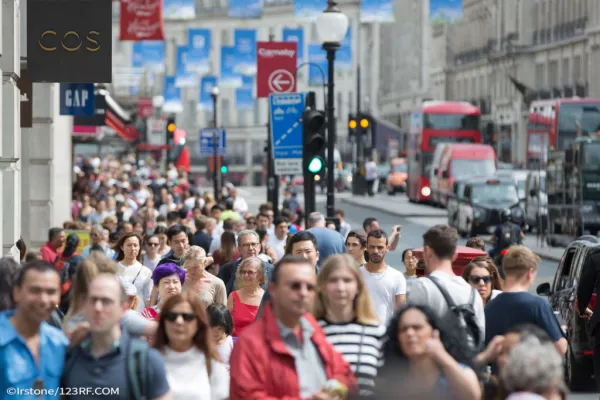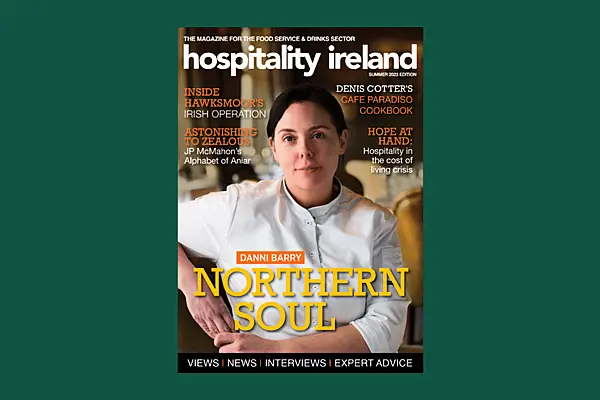Brexit has been labelled the biggest challenge to Irish tourism since the 2008 global economic crash, according to the Irish Tourist Industry Confederation (ITIC).
Paul Gallagher, ITIC chairman, said that analysis performed by the group showed that the implications of Brexit could be far-reaching for Irish tourism and that it is "critical" that four key areas need to be addressed in EU-UK negotiations to safeguard the industry. These are listed as Border Concerns; Aviation Access; Regulatory Regimes and Cross-border co-operation.
ITIC argues that it's necessary to maintain the Common Travel Area and that if border controls are to be imposed in Britain that they should not effect Ireland. The preservation of the current aviation regulatory regime of open market access for airlines between Ireland and the UK was also described as critical for Irish tourism to prosper.
Eoghan O’Mara Walsh, ITIC CEO, commented: "Any rolling back of liberalised air travel between the two countries is impossible to countenance. The existing network of routes and airline flexibility constitute essential infrastructure for tourism. Any arrangement that diminishes the open aviation market between Britain and Ireland would be seriously detrimental to the country’s tourism economy."
The ITIC said that it's imperative that any new EU-UK deal should not be detrimental to tourism businesses in the Republic to the benefit of Northern Ireland. Gallagher added that there "needs to be a strong commitment to [cross-border co-operation] going forward in any new deal with appropriate resources allocated”.
O’Mara Walsh added: "Sterling has weakened by 18% since the vote in favour of leaving the EU. This means that British visitors now find Irish holidays 18% more expensive. It is critical at this time that the Irish tourism industry remains competitive and continues to offer good value for money."
